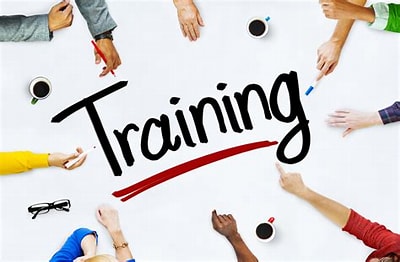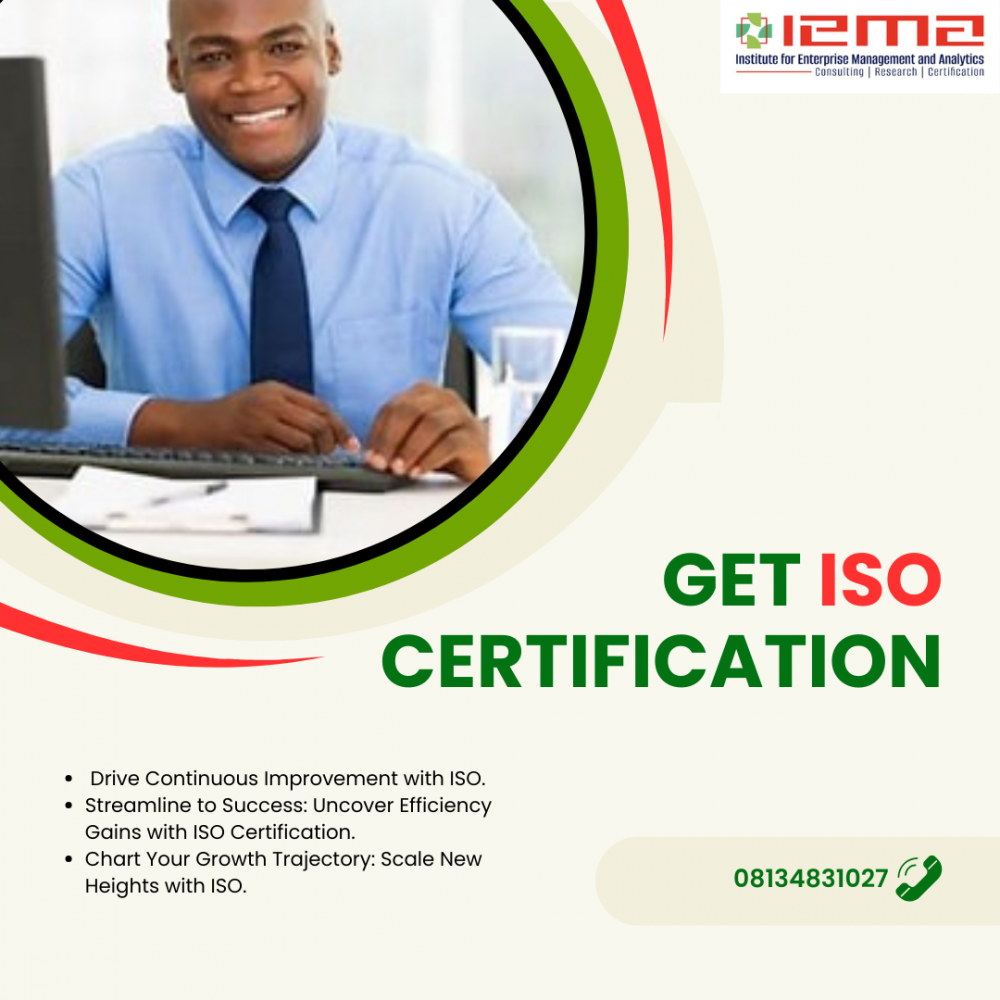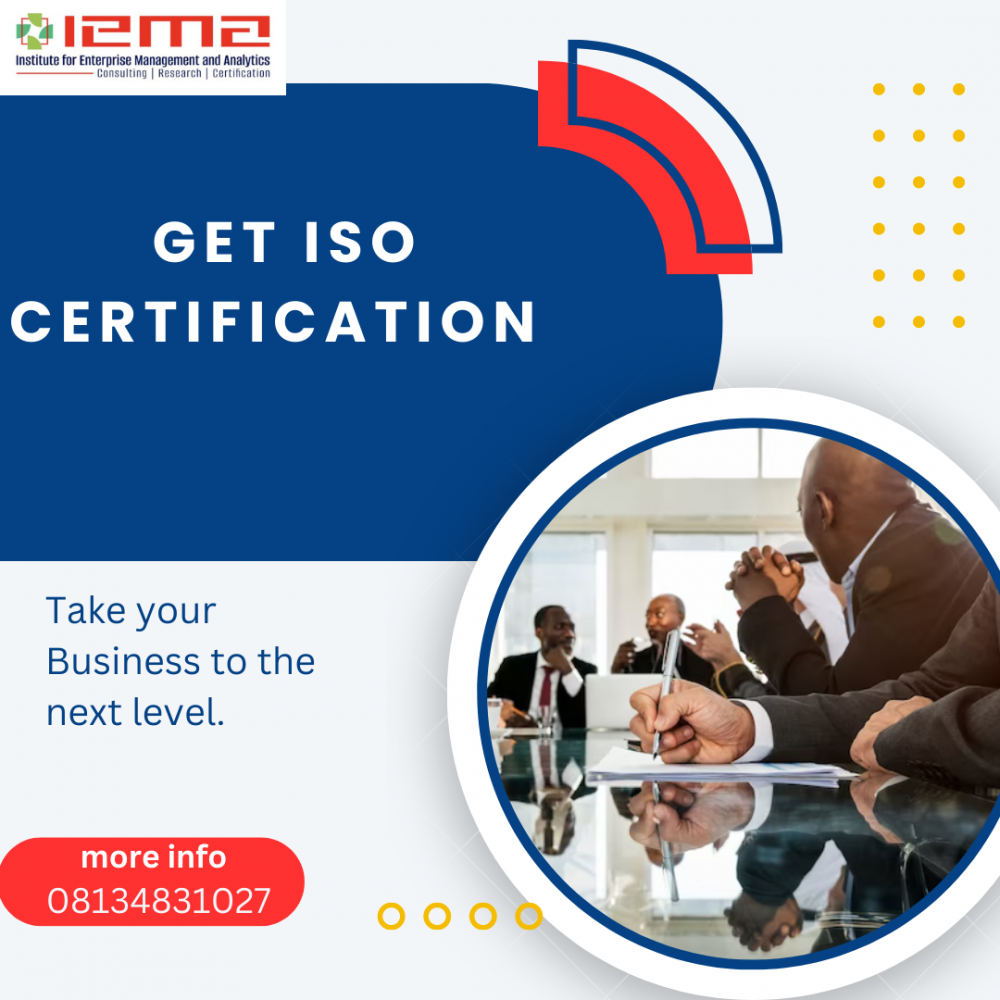1. Strategic Thinking and Planning
Understanding Long-Term Goals: Procurement professionals must align their strategies with the organization’s long-term objectives. This involves forecasting future needs, assessing market trends, and developing procurement plans that support overall business goals.
2. Negotiation Skills
Securing the Best Deals: Effective negotiation skills are crucial for obtaining favorable terms from suppliers. This includes price negotiations, payment terms, and delivery schedules, ensuring the organization gets the best value for its money.
3. Supplier Relationship Management
Building Strong Partnerships: Developing and maintaining positive relationships with suppliers is vital. This involves regular communication, performance monitoring, and collaboration to ensure mutual benefits and address any issues promptly.
4. Cost Management
Optimizing Procurement Spend: Procurement professionals need to manage costs effectively, which includes budgeting, cost analysis, and identifying cost-saving opportunities without compromising quality or service.
5. Risk Management
Mitigating Procurement Risks: Identifying potential risks in the supply chain and developing strategies to mitigate them is essential. This includes assessing supplier reliability, geopolitical risks, and market fluctuations.
6. Market Analysis
Understanding Market Dynamics: A deep understanding of market trends, supplier markets, and economic factors helps procurement professionals make informed decisions. This skill involves researching and analyzing data to anticipate changes and adjust procurement strategies accordingly.
7. Compliance and Ethical Standards
Adhering to Regulations and Ethics: Ensuring that procurement practices comply with legal and regulatory requirements is critical. Additionally, adhering to ethical standards helps maintain the organization’s integrity and reputation.
8. Technical Proficiency
Utilizing Procurement Tools and Technology: Familiarity with procurement software, e-procurement systems, and other technological tools enhances efficiency and accuracy in procurement processes. This includes proficiency in data analysis, reporting, and digital procurement platforms.
9. Communication and Interpersonal Skills
Effective Stakeholder Engagement: Clear and effective communication with internal stakeholders, suppliers, and team members is essential. Strong interpersonal skills help in negotiating, resolving conflicts, and building collaborative relationships.
10. Analytical and Problem-Solving Skills
Making Data-Driven Decisions: Procurement professionals must be able to analyze complex data, identify patterns, and make data-driven decisions. This includes problem-solving skills to address challenges and improve procurement processes continuously.
Conclusion
Effective procurement professionals possess a diverse set of skills that enable them to manage procurement activities efficiently and strategically. By mastering these essential skills, they can contribute significantly to the organization’s success, ensuring that procurement processes are cost-effective, compliant, and aligned with business goals





Leave a Reply